Advantages and disadvantages of the common forklift fuel types.
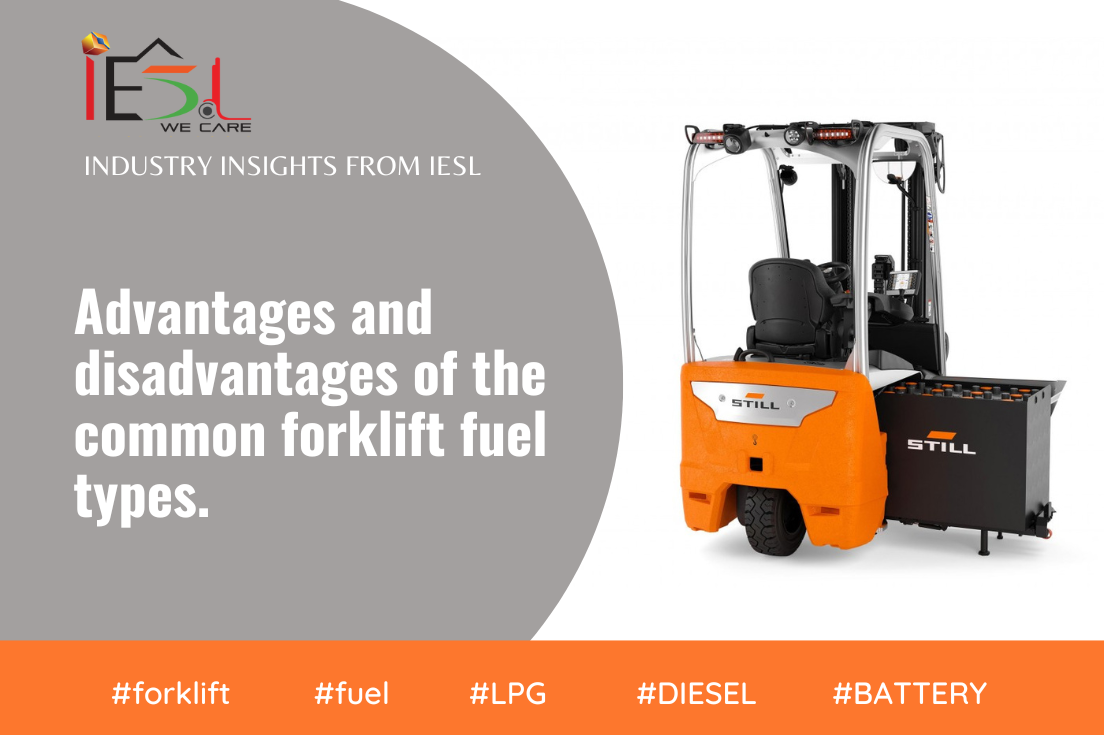
There’s a range of fuel options available for forklift trucks, and you should choose the most suitable for you among them. You need to analyze your requirements; the job, your budget and the operating environment, before making the final purchase decision. To make your life easy - there are experienced consultants, who can help you to make the best decision depending on your needs.
In this guide, we have outlined different fuel types available, the purpose of each and their advantages for different needs. Understanding these fundamentals will help you in finding the right forklift for your material handling needs.
LPG
LPG is produced by mixing a variety of items, including propane, butane and other chemicals. Forklifts powered by LPG have longer running times and ability to lift heavier loads than electric powered forklifts. They are suitable for both outdoor or indoor operations.
Pros
- Very popular. This fuel type is the most common forklift fuel type.
- Very fast to refuel, especially when compared to recharging battery powered forklifts
- Low carbon emitting - burn cleanly with no soot and very few sulfur emissions.
- No battery changing room needed, which saves money.
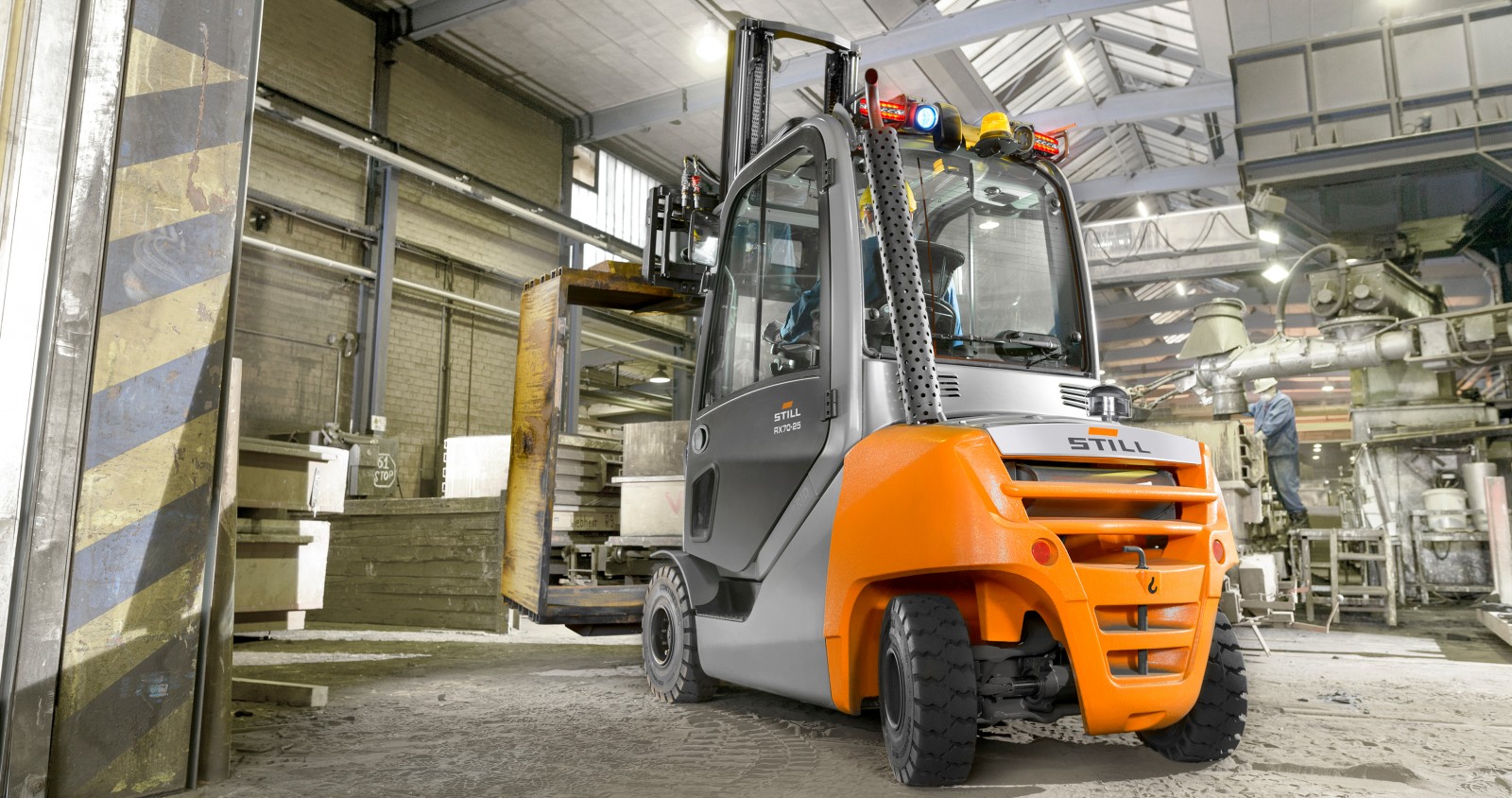
Cons
- The fuel tank on the forklift can obstruct the rear view for operators.
- Fuel consumption is higher than patrol.
- The gas is heavier than air, which could cause suffocation hazards when working indoors.
- Less power than diesel/petrol (90%).
Diesel
Diesel forklifts are very powerful compared to others. They generally come with solid tyres,which allows them to lift heavier loads ranging from around 900kg all the way up to 45 tons. They are useful, if you need to lift heavy loads or work outdoors.
Pros
- Diesel lift truck offer more torque than others, which makes them suitable for lifting higher capacity loads.
- They offer quick refueling, especially compared with battery powered forklifts.
- These forklifts are more fuel efficient.
- More reliable - less complicated internal setup.
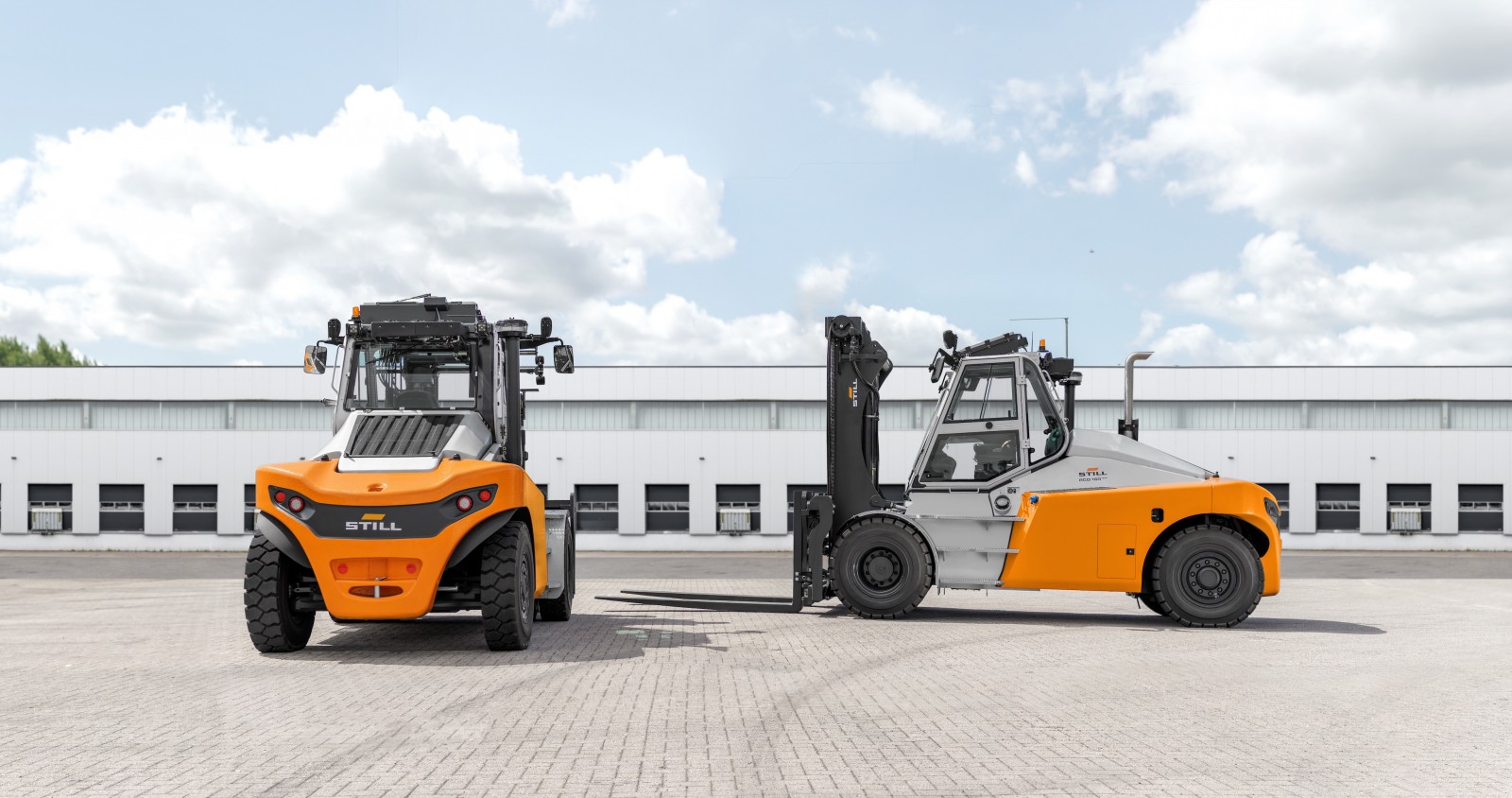
Cons
- Diesel is more expensive than other fuel types.
- Noisy engines.
- EPA standard fuel reserve room required, which creates additional costs.
- Requires more consumable parts (tyres, emissions, maintenance, oil and filter changes)
- Suitable only for outdoor operations.
Lead acid battery
Electric forklifts are most environment friendly. These forklifts are newer compared to other types.
Pros
- Lead acid batteries are provides longer lifespan of forklifts.
- Operator control is much simpler than others.
- Battery powered engines produce very low noise.
- Forklifts with this fuel type have a lower center of gravity and are more stable.
- Environment friendly, due to low emission.
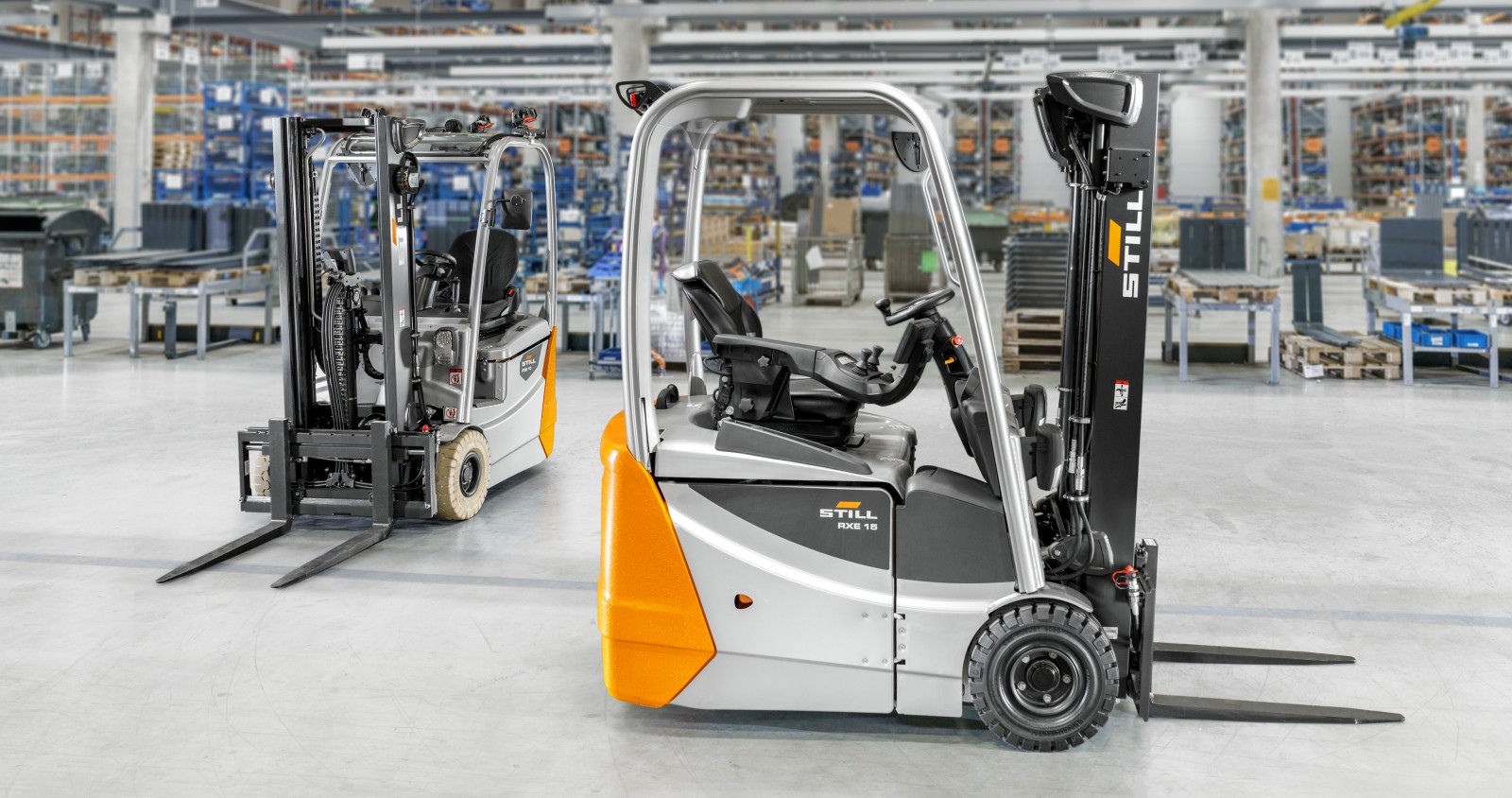
Cons
- The batteries can take 8 hours to recharge and 8 hours to cool down.
- Battery recharge station will require more additional up-front cost.
- Frequent charging means longer downtime.
Lithium ion batteries
Lithium Ion battery technology is considered as one of the most innovative battery technology in this industry. The adoption of lithium ion battery is increasing constantly as forklift fuel. These batteries have many advantages over traditional lead acid alternatives. But as usual this fuel type also have its own advantage and disadvantages. Let’s find out.
Pros
- Fast charging speeds and cooling down periods.
- 1 lithium ion battery can replace up to 3 lead acid batteries, which helps a lot to lower the costs.
- Ensure consistent power and voltage throughout a full charge.
- No charging room needed to charge.
- They are maintenance free, requiring no watering, equalizing or cleaning.
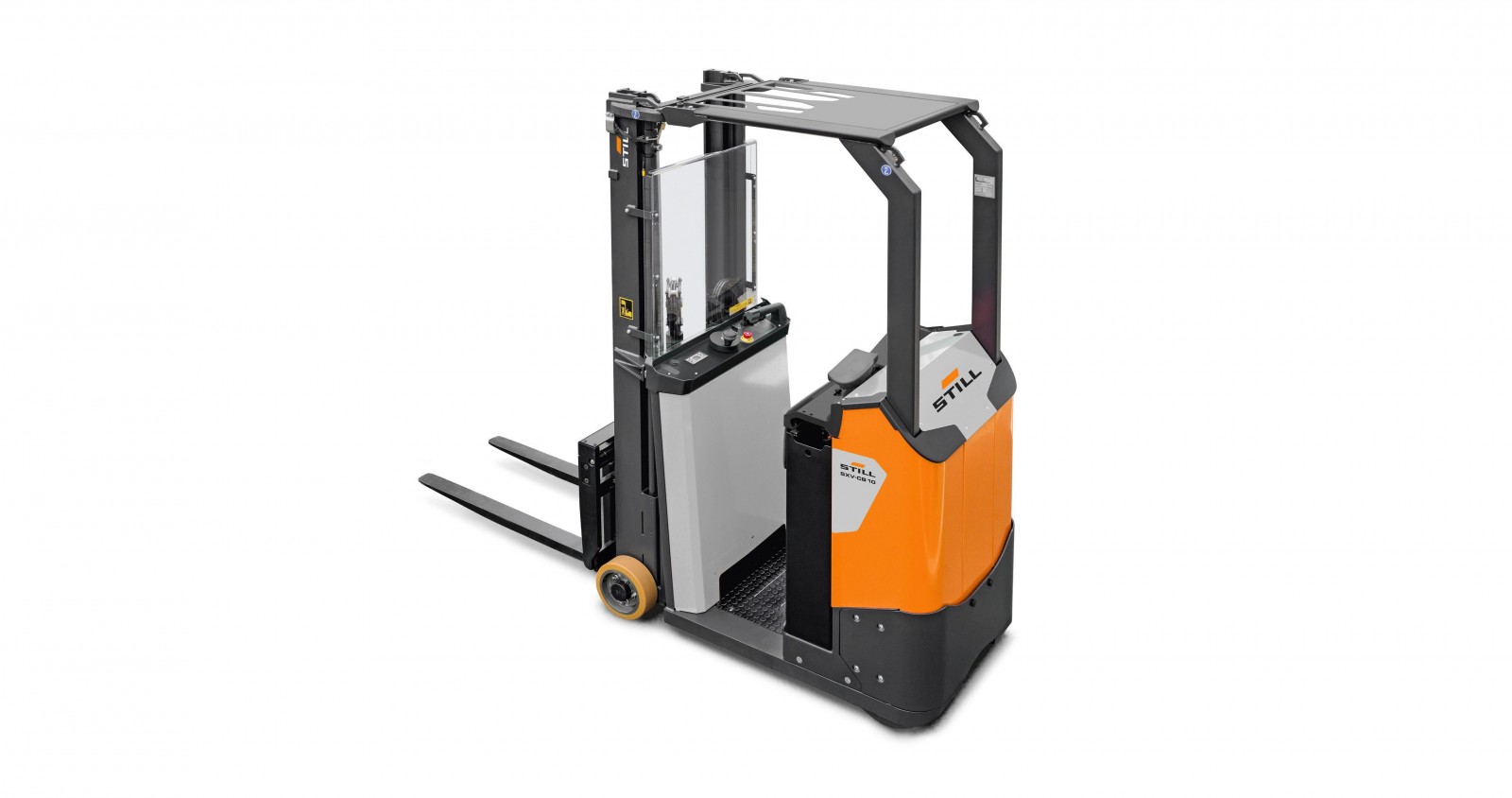
Cons
- Higher upfront cost.
- These batteries are lighter than lithium ion batteries, meaning a counterbalance may need to be added to certain forklifts to compensate.
- Higher recycling costs.
Forklifts are now designed to meet a range of industrial & handling applications including cold storage, flame-proof, confined spaces, warehousing to name a few. If you want best outcome from your material handling facility, you should contact an expert to find the perfect forklift solution for you.
Comments
- No comments found


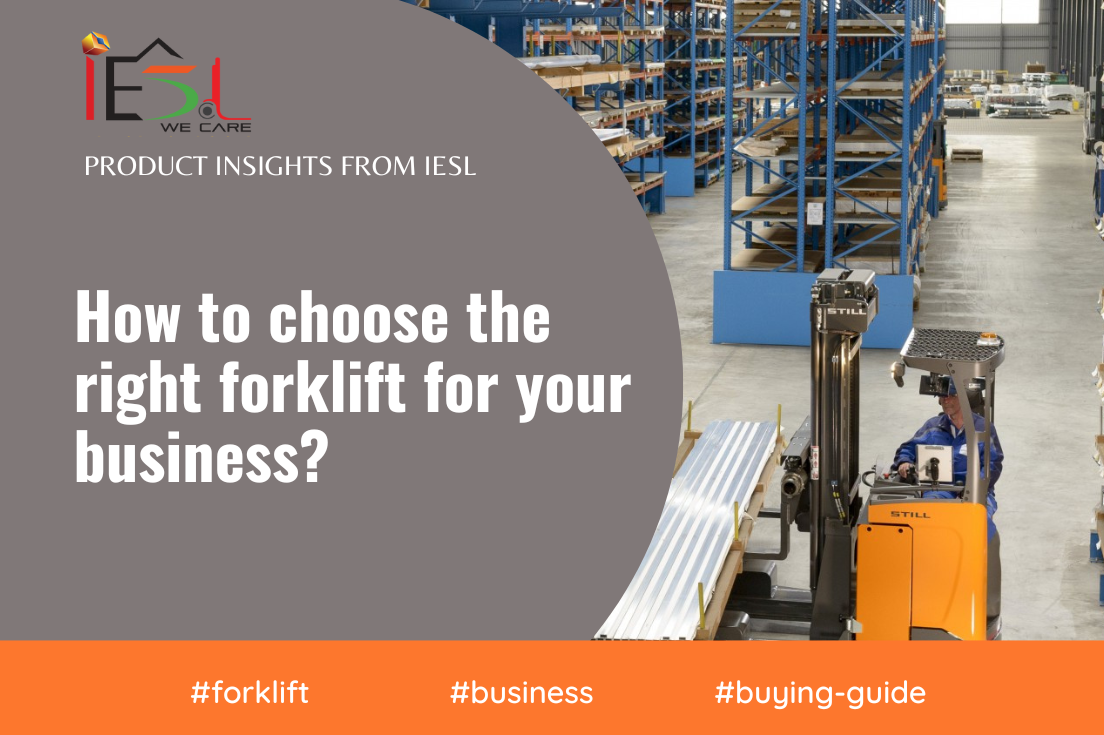
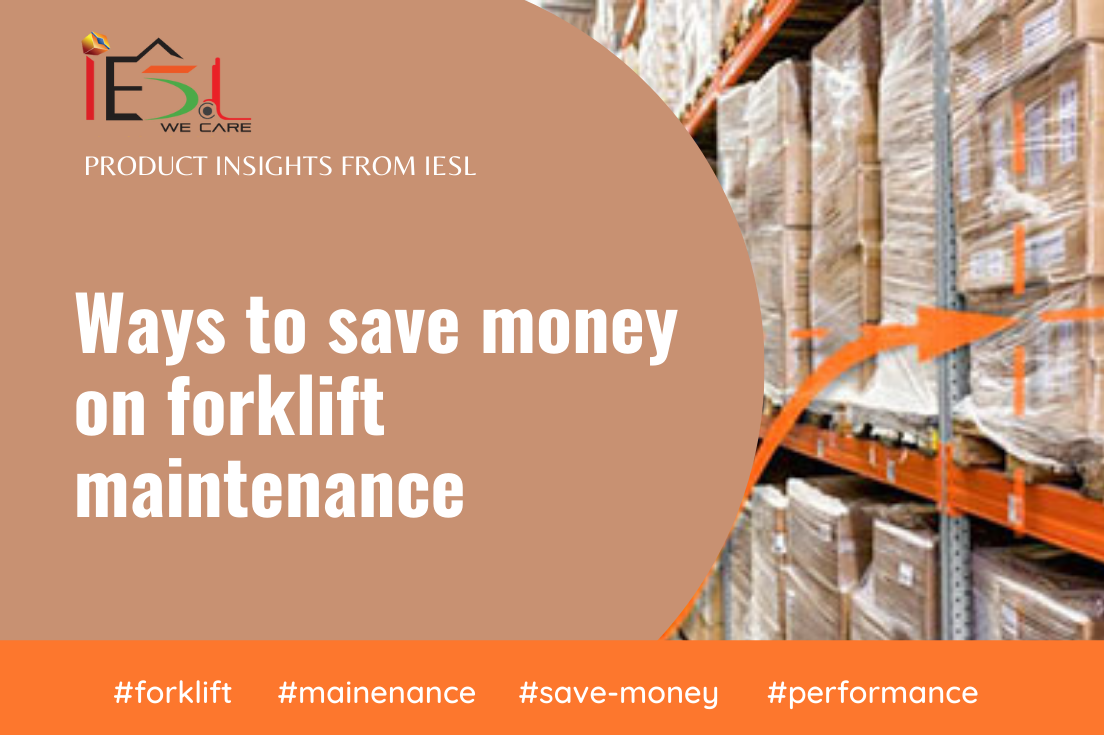

Leave your comments